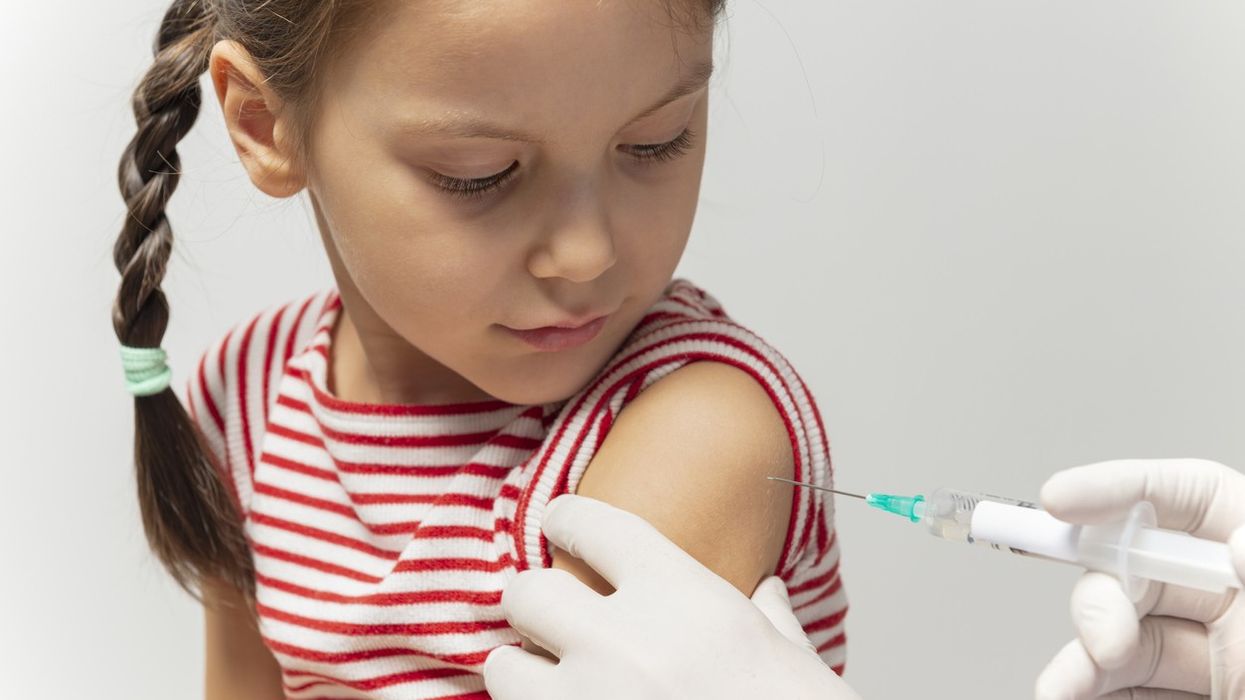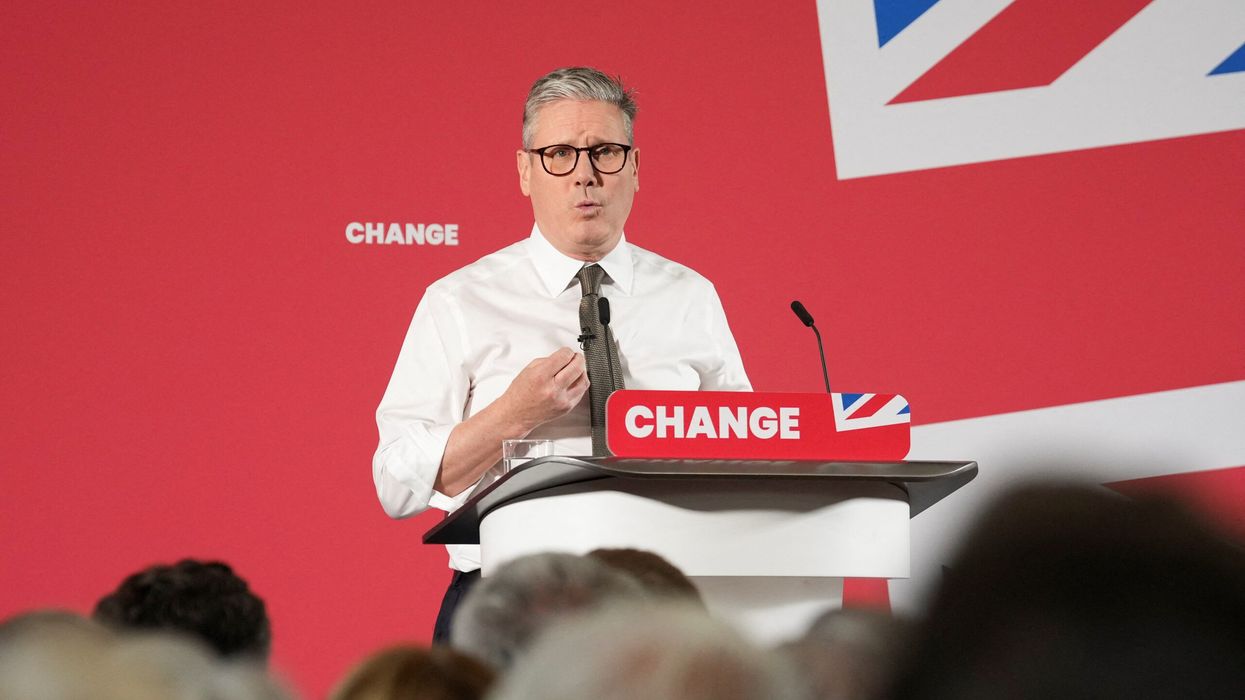Around one million children in London will be offered a polio booster vaccine after the virus was detected in sewage samples across the capital, health officials said Wednesday (10).
Health and Social Care Secretary Steve Barclay said, “I recognise parents and guardians will be concerned about the detection of polio in London, however I want to reassure people that nobody has been diagnosed with the virus and the risk to the wider population is low."
“On the advice of the independent Joint Committee on Vaccination and Immunisation (JCVI), the NHS will now offer all children aged one to nine across the capital a polio vaccine booster dose, starting with the most impacted boroughs, so we can ensure they have the best possible protection and we reduce the chances of transmission. We know many countries, including Belgium and Portugal, offer an additional dose as part of their childhood vaccination programme, and the JCVI has considered international data on safety and effectiveness in forming their recommendation, which I have accepted."
“Vaccines offer the best defence to children, and those around them, so I would encourage families to ensure they are up to date with their routine jabs, and to come forward for the polio booster as soon as they are contacted by the NHS.”
There have been no confirmed cases of the disease, but it has been found at an increasing number of sewage plants across the capital. It was first detected at an east London treatment works earlier this year.
The detected levels suggest "that there is some level of virus transmission in these boroughs which may extend to the adjacent areas", said the statement.
The last case of polio in the UK, which can cause paralysis, was in 1984.
The wild version of the virus now exists only in Afghanistan and Pakistan, but a type of vaccine that contains small amounts of weakened but live polio still causes occasional outbreaks elsewhere.
Oral polio vaccine (OPV) replicates in the gut and can be passed to others through faecal-contaminated water. So, although it will not hurt the vaccinated child, it could infect their neighbours in places where hygiene and immunisation levels are low.
While weaker than wild poliovirus, this variant can cause serious illness and paralysis in people not vaccinated against the disease.
The discovery in the London sewage samples suggests "there may be localised spread of poliovirus," said polio eradication expert Kathlene O'Reilly.
That would most likely be among individuals who are not up to date with their polio immunisations, she added.
Polio immunisation coverage in London stands at nearly 87 percent, according to the WHO, lower than the rest of the country.
"For the majority of the population, who are fully vaccinated, the risk is low," said Vanessa Saliba, consultant epidemiologist at the UK Health Security Agency.
"But we know the areas in London where the poliovirus is being transmitted have some of the lowest vaccination rates.
"This is why the virus is spreading in these communities and puts those residents not fully vaccinated at greater risk," she added.
(AFP)













